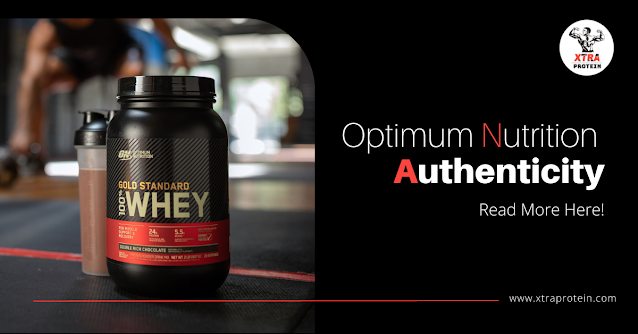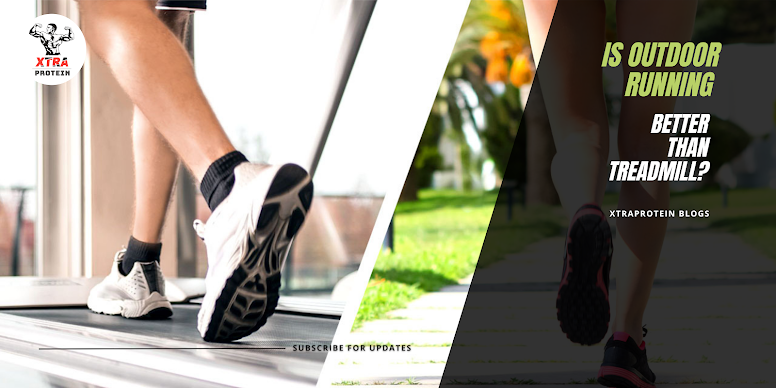An Introduction to Different Types of Protein Powder
An Introduction to Protein Powder
When it comes to adding Protein Powder to our diets, there is no shortage of options regarding the types of protein powders available. Various types provide different benefits depending on your goals, from whey and casein to plant-based proteins like vegan pea protein. Let’s look at the other protein powders and when it is best to use them.
Whey Protein Powder
Whey protein is one of the most popular types of proteins on the market, and for a good reason. It is quickly digested and absorbed into the body quickly, making it an ideal post-workout supplement as it helps with muscle repair and recovery. Whey is also a great source of branched-chain amino acids (BCAAs), which have been shown to help increase muscle growth when combined with exercise. It also has an impressive range of other health benefits, such as aiding in weight loss, lowering blood pressure, and reducing inflammation.
Casein Protein Powder
Casein protein can also be found in dairy products like milk, yoghurt, and cheese, containing casein protein. Casein is well known for its ability to form a gel in the stomach, slowing down digestion and allowing for a steady release of amino acids into your bloodstream over several hours, making it ideal as a nighttime snack or meal replacement option. Casein can also help promote muscle building thanks to its high content of essential amino acids that help build muscles while you sleep!
Plant-Based Proteins Plant-based proteins are derived from sources like soybeans, peas, hemp seeds, quinoa flour and many others. Plant-based proteins are becoming increasingly popular due to their wide range of health benefits, including being low in fat, cholesterol free and having very few calories – making them great for those looking for an alternative source of protein that fits within their dietary restrictions or lifestyle choices. Furthermore, some plant-based proteins, such as hemp seed powder, are rich in omega-3 fatty acids, which can help reduce inflammation throughout the body while providing anti-ageing benefits!
Hydro Whey Protein Powder
Hydro whey protein is a mixture of different types of proteins, including whey concentrate, whey peptides, and whey isolate. It is a fast-acting protein with a higher concentration of bioactive compounds than other forms of protein, such as casein or soy. This makes it ideal for athletes who need rapid muscle recovery after strenuous exercise. The combination of proteins in hydro whey also helps to build lean muscle mass, which can help increase strength and performance. Additionally, hydro whey contains high levels of Branch Chain Amino Acids (BCAAs), which help support muscle growth and recovery from fatigue.
Isolate Whey Protein Powder
Isolate whey protein comprises only isolated molecules of the milk protein known as casein. These isolated molecules are much smaller than those found in hydro whey proteins and can be absorbed more quickly into your body’s cells. This makes isolated whey an ideal choice for athletes needing fast-acting energy before workouts or competitions. Isolate also contains fewer calories per serving than hydro whey making it an excellent option for those looking to maintain their calorie intake while still getting enough high-quality protein. Furthermore, isolate tends to contain higher amounts of essential amino acids like branch chain amino acids (BCAAs) which play an important role in muscle repair and growth after intense exercise or physical activity.
Beef Protein Powder
Beef protein is an excellent source of essential amino acids like leucine, which helps build muscle mass. It also contains high levels of glutamine, an amino acid that helps with growth hormone production and boosts immunity. The main downside to beef protein is its relatively high-fat content, which can be an issue if you’re trying to lower your intake. Additionally, some people may experience digestive issues like bloating or gas if they consume too much red meat.
Egg Protein Powder
Egg protein is an excellent source of essential amino acids like lysine, which helps boost muscle recovery after workouts. It also contains vital vitamins such as B12, B6, and A, which help keep your immune system healthy. Unlike beef protein, egg protein has no fat content whatsoever, so it can be consumed without worrying about gaining extra weight. The only potential downside to consuming eggs is that some people are allergic to them or don’t enjoy their flavour.
Soy Protein Powder
Soy protein is derived from soybeans, cultivated for thousands of years in Asia. It contains all nine essential amino acids and is a complete source of protein. Soy is also high in fibre and contains heart-healthy fats. The downside is that some people may experience digestive issues when consuming large amounts of soy due to its high fibre content.
Pea Protein Powder
Pea protein is derived from split yellow peas, which are rich in vitamins, minerals, and antioxidants. It is a complete source of protein and contains all nine essential amino acids, making it an excellent option for those who want to increase their daily intake of plant-based proteins without worrying about digestive issues or allergies associated with soy consumption. The downside is that pea protein does not contain as much fibre as soy; however, this can be counteracted by supplementing your diet with other sources of fibre, such as fruits and vegetables.
Vegan Protein Powder
Vegan protein powders are made from plant-based proteins such as hemp, peas, soybeans, rice, chia seeds and quinoa. They provide all nine essential amino acids like whey and casein proteins but without any dairy products. Vegan protein powders are easy to digest and can be taken throughout the day for sustained energy levels or blended into smoothies as meal replacements.
Conclusion:
Whether you’re an athlete looking to build lean muscle or want to lose weight without sacrificing your gains in the gym, there’s a type of protein powder that can help you reach your goals! With its combination of fast-digesting proteins and slow-release energy sources, whey protein can help you build lean muscle mass. In contrast, casein helps preserve that hard-earned muscle size during periods of dieting or reduced caloric intake. And vegan proteins offer all nine essential amino acids without any dairy products involved! By understanding what protein powder works best with your fitness goals, you’ll be sure to get optimal results with every shake or smoothie you make!
When deciding what protein powder best suits your needs, several factors, such as taste preferences, dietary restrictions or lifestyle choices, and your health goals, should be considered. Whether you’re looking for something quick after a workout or something slower digesting before bedtime, there’s sure to be something out there that fits your needs! Remember that everyone’s body reacts differently, so consult your doctor before trying any new supplement. With these tips in mind, you’ll be able to find the right kind of protein powder for you quickly!
The good news is you can find most of the protein powder types @ Xtra Protein, including Halal, lactose-free & vegetarian protein powders.




Comments
Post a Comment